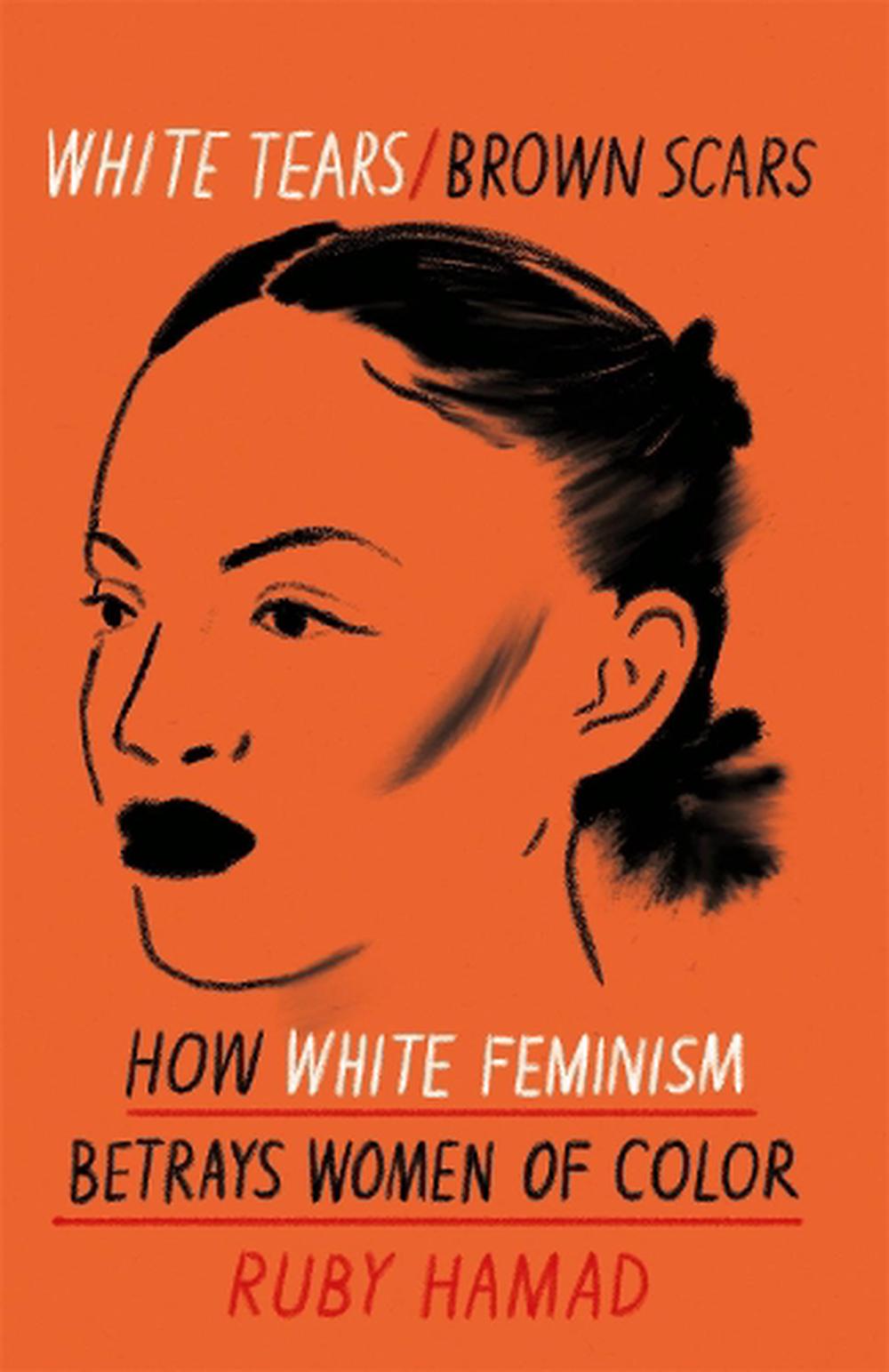304 pages
English language
Published Dec. 16, 2020 by Orion Publishing Group, Limited.

304 pages
English language
Published Dec. 16, 2020 by Orion Publishing Group, Limited.
For readers of White Fragility, White Tears/Brown Scars is an explosive book of history and cultural criticism that argues that white feminism, from Australia to Zimbabwe to the United States, has been a weapon of white supremacy and patriarchy deployed against black and indigenous women, and women of color.
Taking us from the slave era, when white women fought in court to keep their slaves, through the centuries of colonialism, when they offered a soft face for brutal tactics, to the modern workplace, White Tears/Brown Scars tells a charged story of white women’s active participation in campaigns of oppression. It offers a long overdue validation of the experiences of women of color.
Discussing subjects as varied as The Hunger Games, Alexandria Ocasio-Cortez, the viral "BBQ Becky" video, and 19th century lynchings of Mexicans in the American Southwest, Ruby Hamad undertakes a new investigation of gender and race. She shows how …
For readers of White Fragility, White Tears/Brown Scars is an explosive book of history and cultural criticism that argues that white feminism, from Australia to Zimbabwe to the United States, has been a weapon of white supremacy and patriarchy deployed against black and indigenous women, and women of color.
Taking us from the slave era, when white women fought in court to keep their slaves, through the centuries of colonialism, when they offered a soft face for brutal tactics, to the modern workplace, White Tears/Brown Scars tells a charged story of white women’s active participation in campaigns of oppression. It offers a long overdue validation of the experiences of women of color.
Discussing subjects as varied as The Hunger Games, Alexandria Ocasio-Cortez, the viral "BBQ Becky" video, and 19th century lynchings of Mexicans in the American Southwest, Ruby Hamad undertakes a new investigation of gender and race. She shows how the division between innocent white women and racialized, sexualized women of color was created, and why this division is crucial to confront.
Along the way are revelatory responses to questions such as: Why are white men not troubled by sexual assault of women? With rigor and precision, Hamad builds a powerful argument about the legacy of white superiority we are socialized in, a reality we must apprehend in order to fight.